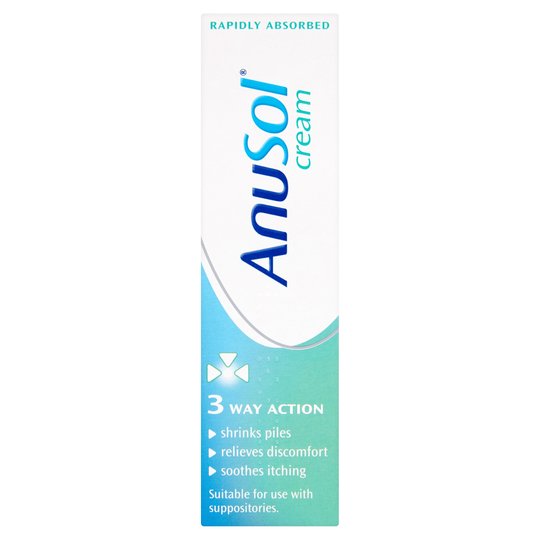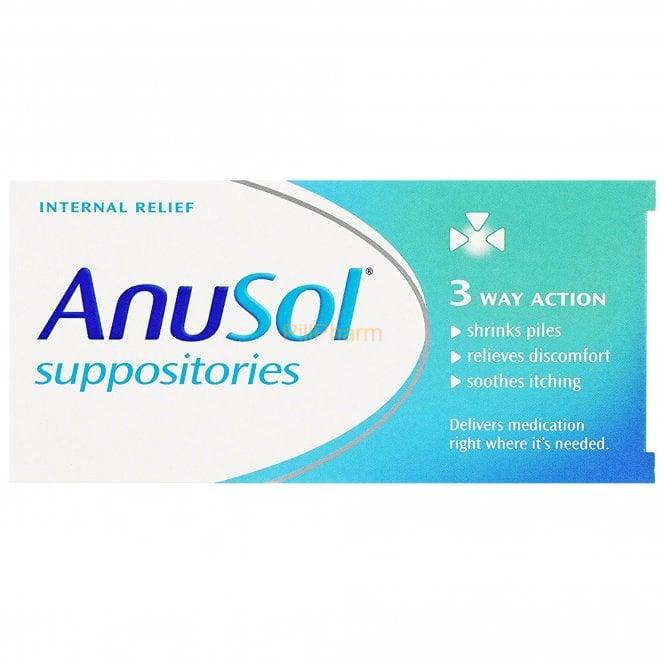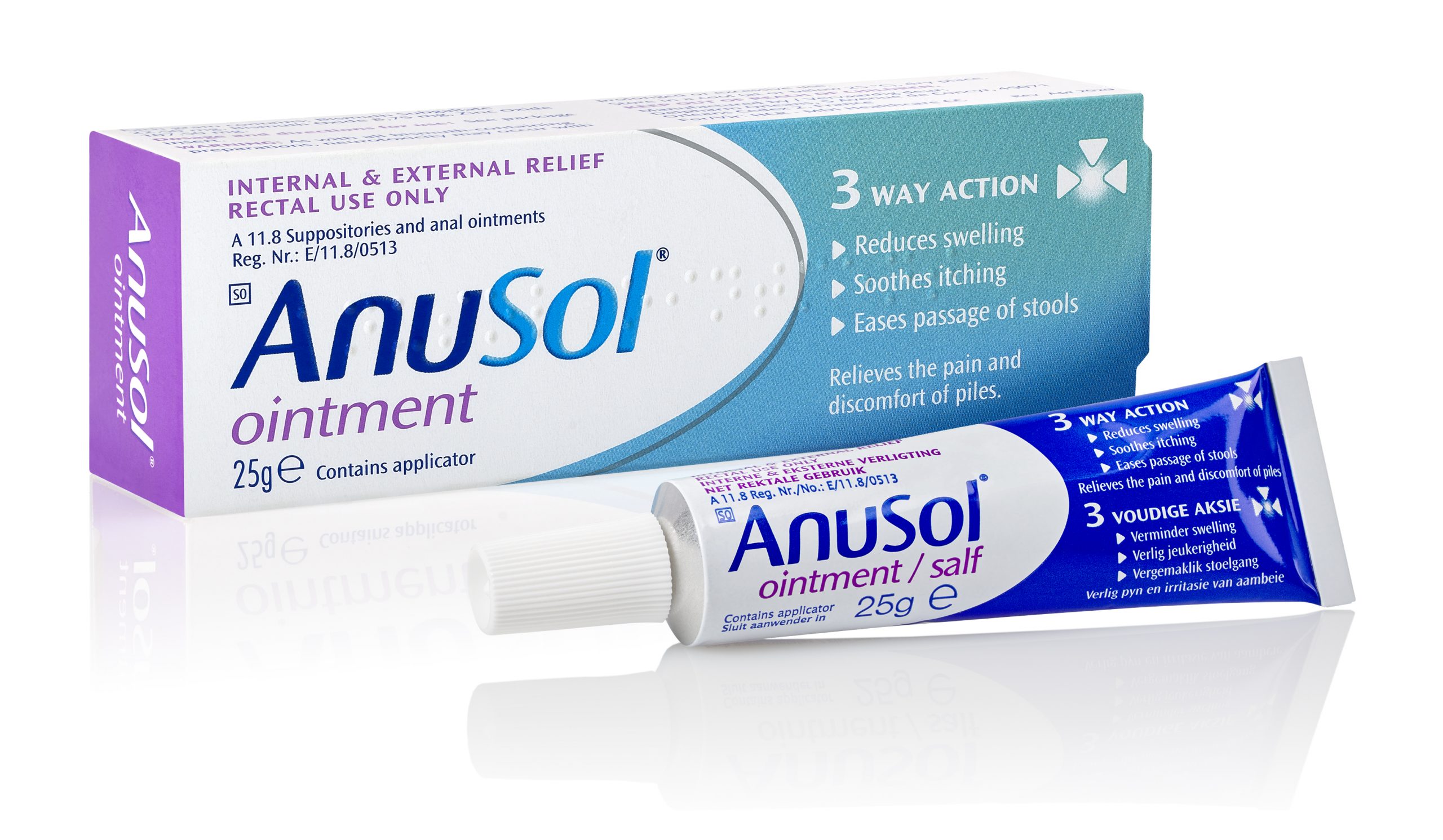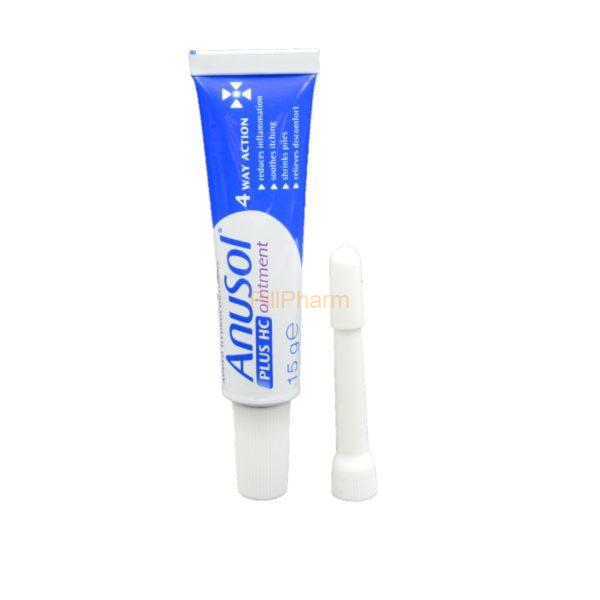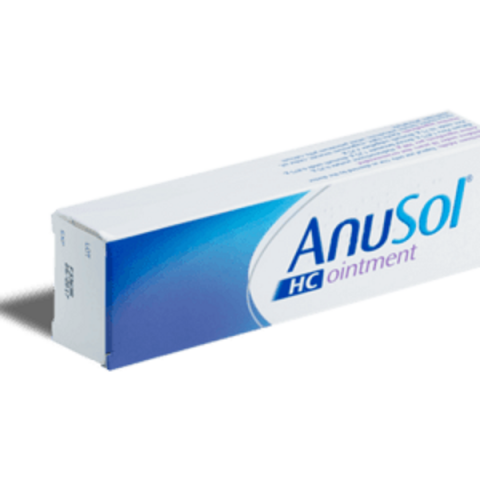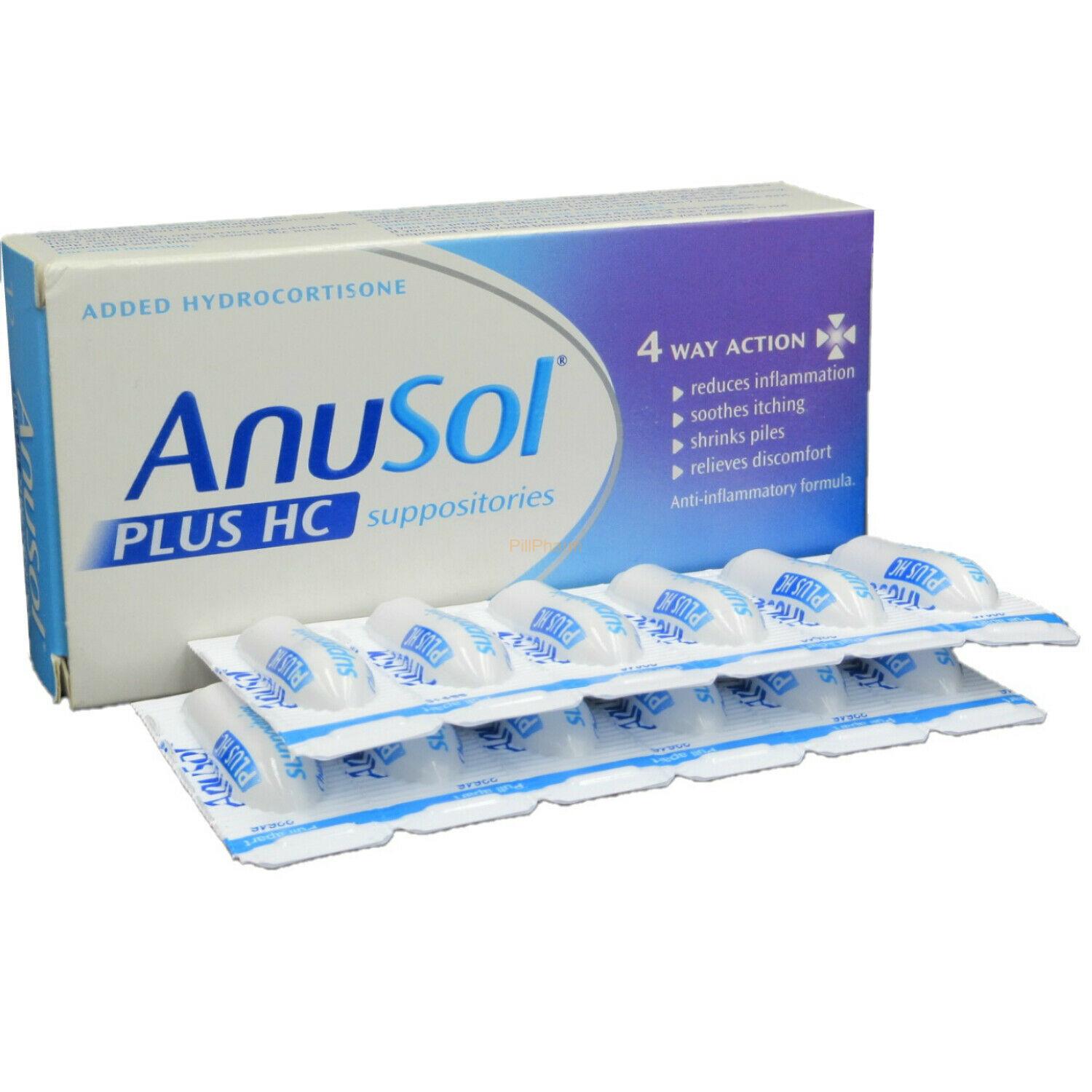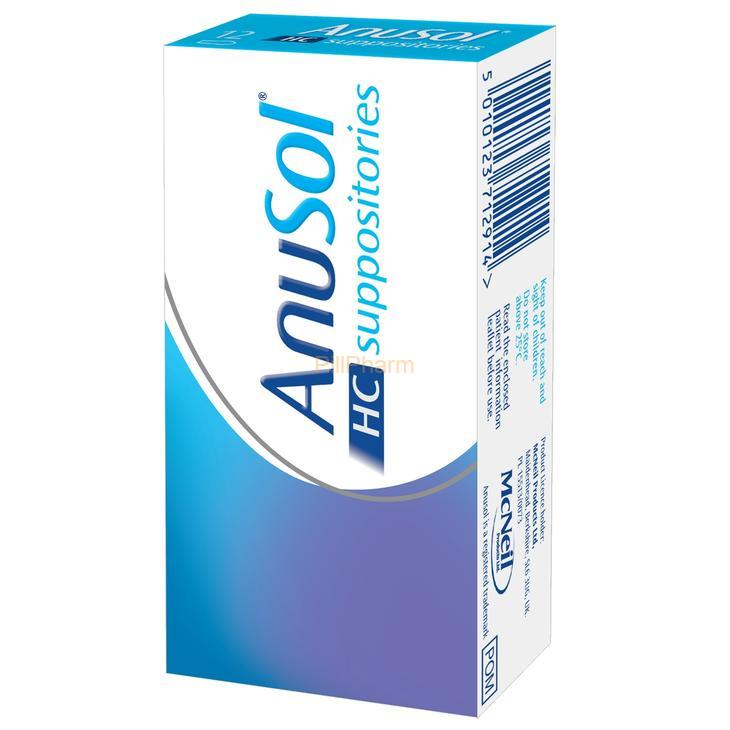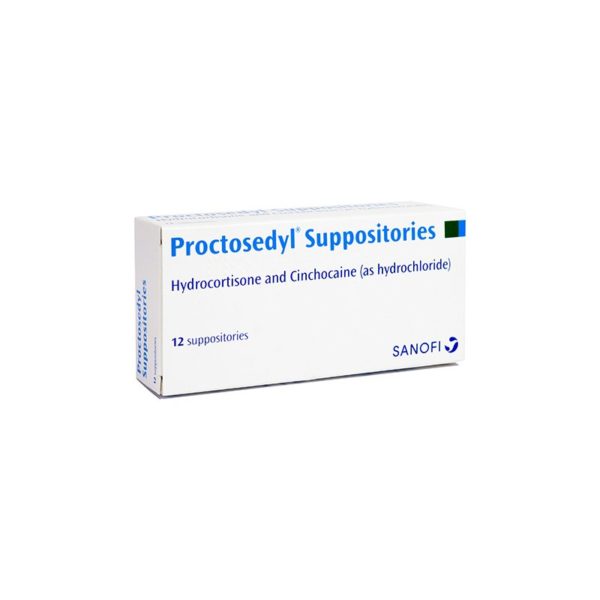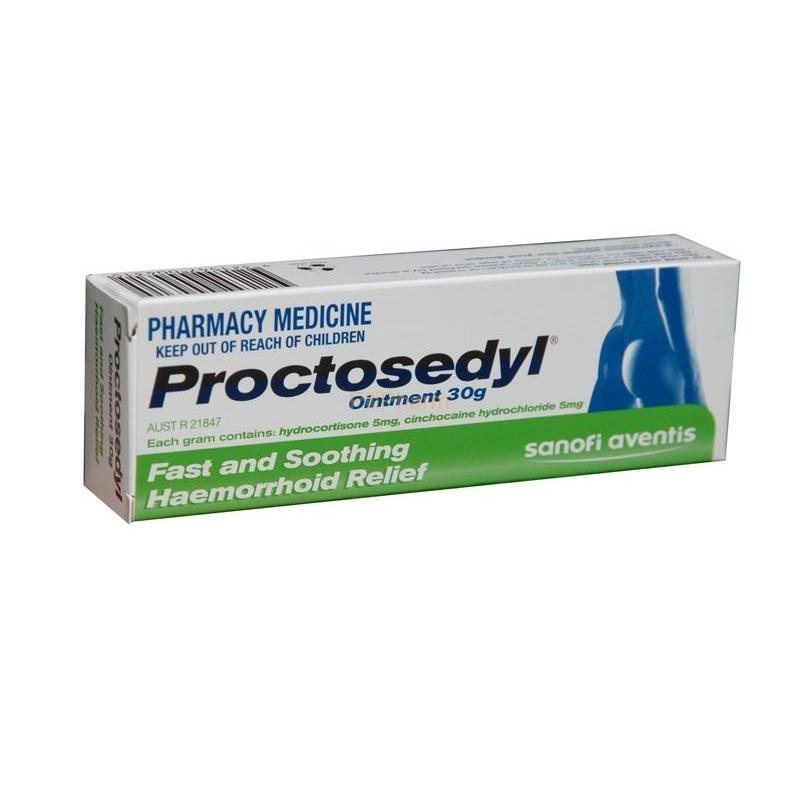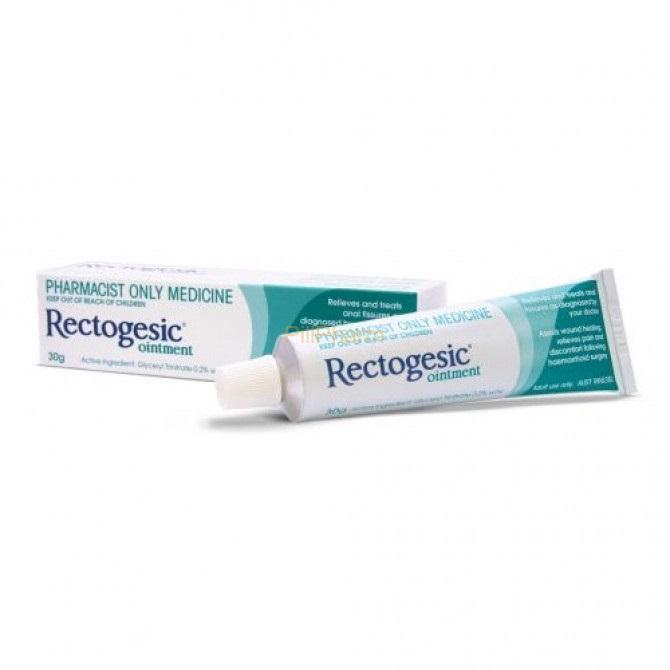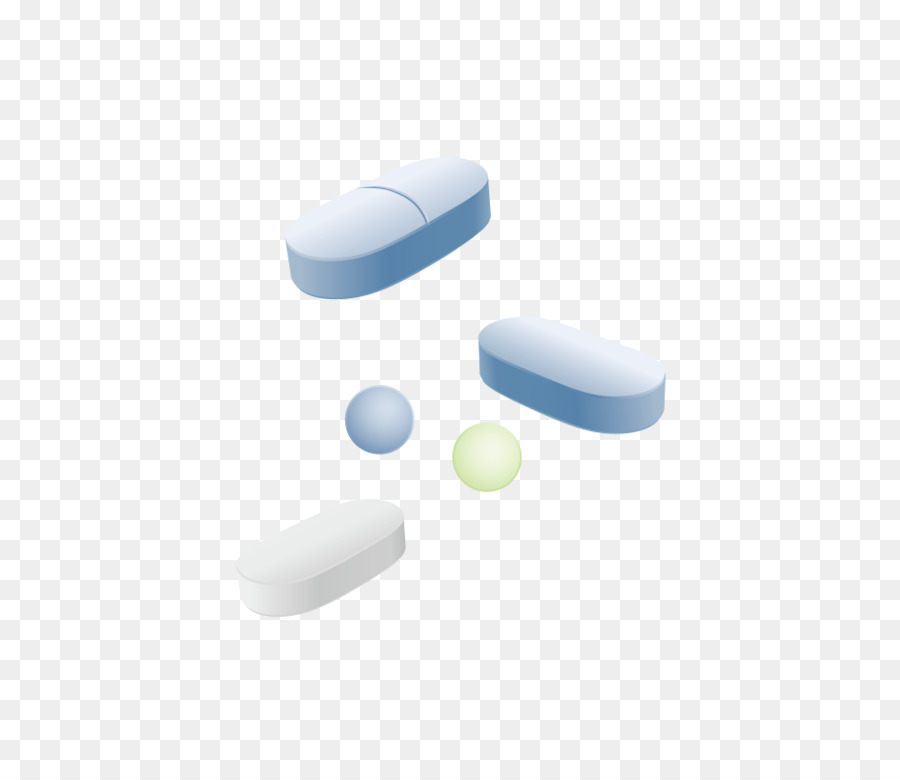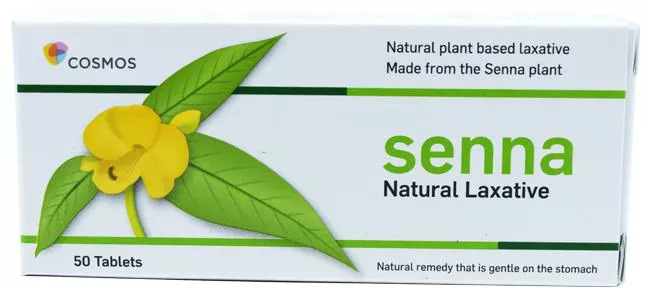Free Shipping for all Orders of Kshs. 4,000+
Haemorrhoids, commonly known as piles, are swollen veins in the lower rectum and anus that can cause discomfort, pain, itching, and bleeding. Fortunately, various treatments are available to alleviate symptoms and promote healing.
One of the first-line treatments for haemorrhoids is making lifestyle changes. This includes eating a high-fiber diet to soften stools and prevent straining during bowel movements. Drinking plenty of fluids and engaging in regular exercise can also help alleviate symptoms by improving bowel regularity and reducing pressure on the veins.
Over-the-counter remedies such as topical creams, ointments, and suppositories containing ingredients like hydrocortisone or witch hazel can provide relief from itching, pain, and inflammation associated with haemorrhoids.
In some cases, medical procedures may be necessary to treat more severe or persistent haemorrhoids. These procedures range from minimally invasive techniques like rubber band ligation, sclerotherapy, or infrared coagulation to surgical interventions like haemorrhoidectomy.
It’s essential to consult a healthcare professional for an accurate diagnosis and personalized treatment plan tailored to your specific condition and symptoms. With proper care and management, most cases of haemorrhoids can be effectively treated, improving quality of life and reducing discomfort.
Showing all 11 results

